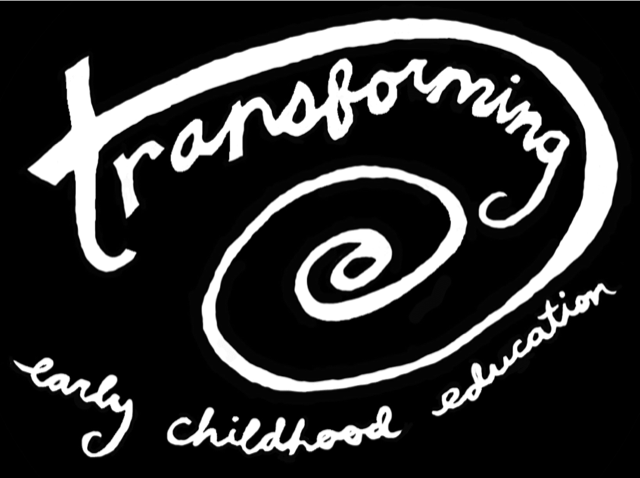Facts NOT Opinions
Facts NOT Opinions
Early childhood professionals must understand the difference between facts based on research and “facts” based on opinions.
Facts based on research are true, while someone’s “facts” based on opinions are lies (a false statement with the intention to deceive someone). Yep, I said the word lie because I am tired of people dancing around what it is actually called.
In our classrooms, we need to base our teaching Pedagogy (methods and practices we use to facilitate learning) and teaching Philosophy ( our personal statement that outlines our beliefs, values, and goals regarding teaching and learning) on educational and developmental research. This means we need to know where to find evidence-based research to help us adapt, change, and grow our teaching practices.
Below are reputable organizations that provide evidence-based research on early childhood development and education:
I am signed up to receive emails from The Hechinger Report. I always find the latest research and early childhood news in their posts. This week, I learned about an Incredible new film, MAKE A CIRCLE, which “follows a group of childcare providers who are determined to change how society values the education of its youngest citizens.”
ERIC Institute of Education Sciences is where you can find journal articles on almost any early childhood topic. You enter your keywords, and it provides a list of journal articles with links.
Zero to Three and NAEYC are on the frontlines of advocacy work for early childhood education. They are fantastic resources for educators and parents.
Teaching is intellectual is the perfect resource for inclusive and special education in early childhood.
Early Childhood Investigations offers free webinars on a variety of early childhood topics.
Early Ed Em breaks down research and makes it easier to read and interpret.
No One is Coming to Save Us is a fantastic podcast that discusses our childcare crisis.
That Early Childhood Nerd is another fantastic podcast that dives into various early childhood topics.
I love getting my Exchange magazine in the mail. It reminds me of the beginning of my teaching career when the only way you stayed up to date with ECE news was from magazine subscriptions.
My lovely friends Stephanie at Imagination on the Move uses evidence-based research to dig into storytelling through the lens of resilience. Stephanie sends out a lovely weekly email with so many amazing ideas. This week she shared that the Devereux Center for Resilient Children is offering a FREE webinar titled Conquering Conflict within Yourself and with Others Using the FLIP IT Strategy on April 15th.
The Center on the Developing Child at Harvard University offers amazing resources (including videos) that are easy to understand, navigate and share.



